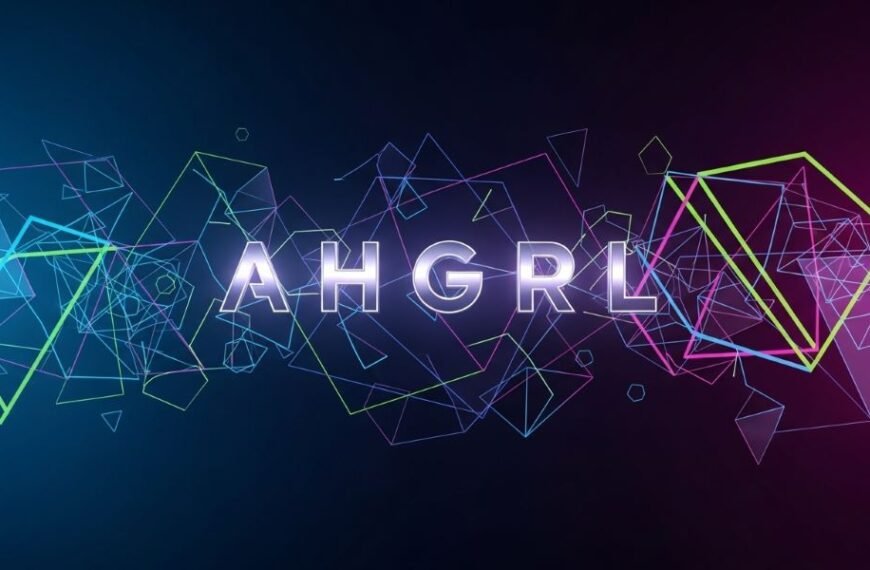In the modern global business world, third party vendor partnerships are critical to operational efficiency, scalability and innovation. Nevertheless, there are also great risks associated with the advantages of vendor partnerships. That is where the screening of vendors and vendor due diligence comes in.
An efficient and lean vendor screening process is not only a compliance measure, but it is also a strategic decision that safeguards the organizations against financial, operational, legal and reputational risks. This paper discusses the ways to streamline the process of vendor evaluation.
What is Vendor Screening?
Vendor screening is the strategy of evaluating and confirming the background, credibility, compliance status and risk level of the third party vendors prior to doing business with them. This is normally done through gathering of pertinent business data, risk analysis, enforcement of laws and regulations and monitoring.
Effective vendor screening services will make sure that a company does not deal with partners that do not comply with the internal policies and external regulations.
The importance of Vendor Screening
The inability to evaluate vendors adequately may subject an organization to:
- Fraud and loss of money
- Breaks in the supply chain
- Regulatory penalties
- Violation of compliance or data breaches
- Reputational damage
Effective vendor screening process helps to achieve wider vendor risk management strategies by minimizing exposure to unethical or non compliant vendors. It also assists in sustaining credibility with the customers and stakeholders.
Important Aspects of Vendor Screening
To streamline the process, it is important to know the main elements of successful vendor screening. The following are the major steps of a common vendor screening checklist:
Gather Vendor Data
The initial stage is to collect as much information as possible about the vendor and this includes:
- Business registration and legal name
- Tax ID number
- Contact and business address
- Ownership and management
This preliminary measure establishes the basis of additional assessment.
Know Your Vendor (KYV)
Similar to Know Your Customer (KYC), Know Your Vendor is an exercise to ensure that the vendor is a legitimate, registered and trustworthy business entity. This usually consists of:
- Checking of business licenses and registrations
- Verifying government sanctions or watchlists
- Checking the online presence of the vendor or the reputation of the vendor in the public domain
- KYV assists in making sure that you are working with legitimate partners.
Vendor Due Diligence
Vendor due diligence is an extended research of business practices of the vendor, its financial stability, legal background, and ethical reputation. This step can involve:
- Credit reports or financial audits
- Litigation checks and legal records
- Compliance checks on anti-bribery and anti-corruption
- Environmental, social and governance (ESG) factor assessment
- Due diligence assists in red flagging at the beginning of the relationship.
Vendor Risk Assessment
Vendor risk management entails the determination of the risk levels depending on the type of services offered by the vendor, geographical location, access to data and the regulatory framework. Considerations should be made in regard to:
- Compliance needs in the industry
- Risks of data privacy (e.g. in case vendors deal with sensitive data)
- Reputational or operational risk
- Instability in the region of the vendor, political or economic
- Risk-based scoring enables prioritization of high risk vendors to be reviewed.
Ongoing Monitoring
Vendor risk does not remain constant. It is necessary to monitor continuously to ensure compliance and reduce the risks that arise. This can comprise:
- Periodic re-evaluations
- Real time notifications of legal or regulatory changes
- Cybersecurity threat or breach monitoring
- An automated and simplified monitoring procedure assists in maintaining compliance without overloading internal teams.
Advantages of an Efficient Vendor Screening Procedure
The short and long term advantages of simplifying vendor screening include:
Accelerated Onboarding
The automated data collection and verification time shortens the assessment and approval of vendors.
Reduced Costs of Operation
The simplified tech-enabled process minimizes the need to use manual labor and external consultants.
Improved Compliance
Structured vendor screening services and documentation that is audit-ready makes it easier to meet regulatory requirements.
Better Decision Making
Standardized assessment and risk scoring allow a more effective selection and management of vendors.
Improved Vendor Relationships
Transparent screening and clear expectations are some of the ways that can build trust and professionalism with qualified vendors.
Hints to Make Vendor Screening Process Easy
The optimization of the vendor screening checklist does not imply compromising. The following are practical recommendations on how to be more efficient without compromising hard work:
Centralize documentation
Have one platform or system of record where the vendor information and reports are stored.
Engage important departments early on Integrate procurement, legal, compliance and IT teams to conduct a comprehensive risk assessment.
Match screening levels to risk
Apply a tiered approach whereby low risk vendors are checked lightly and high risk vendors are checked thoroughly through due diligence.
Regulatory Considerations
The third-party risk requirements are very strict in many industries such as finance, healthcare, and government. A vendor screening process that complies with the regulations should be in line with the following:
- Anti-Money Laundering (AML) regulations
- General Data Protection Regulation (GDPR)
- Foreign Corrupt Practices Act (FCPA) U.S.
- Other security standards such as ISO 27001
- Risk mitigation requires keeping up with the changing compliance environments.
Final Thoughts
Vendor screening is an essential component of contemporary vendor risk management plans. Using a standardized, automated and transparent vendor screening process, companies can be assured of doing business with third party vendors without subjecting themselves to unnecessary risk.
Properly implemented vendor due diligence program enhances operational integrity, protects regulatory compliance and creates long term partnerships founded on trust. Simplicity and security in vendor screening are not only operational targets in a competitive environment, but business necessities.






